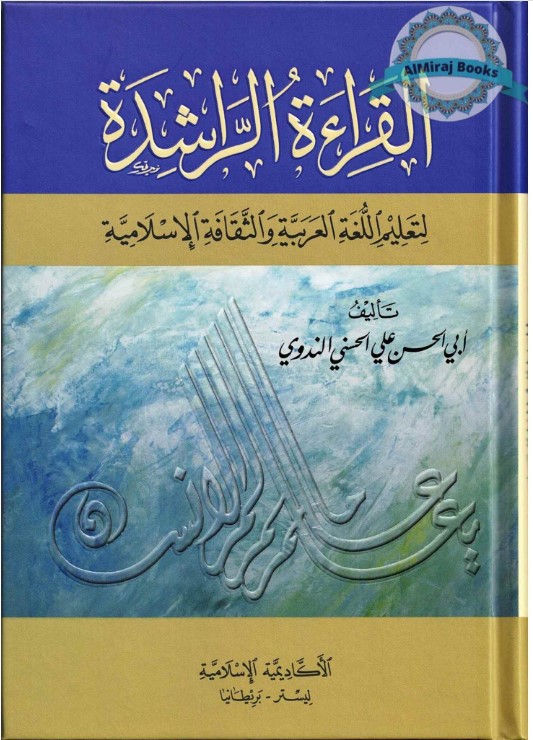Top 3 PhD in Islamic Banking and Finance Programs for Career Advancement
Introduction
Islamic banking and finance have seen a surge in global recognition, driven by their principles of ethical financial practices and Sharia compliance. For professionals and students eager to make an impact in this domain, pursuing a PhD in Islamic Banking and Finance can pave the path toward exceptional career opportunities and profound expertise. With demand for experts growing rapidly as Islamic finance expands globally, attaining a doctorate in this specialized field is not just a career choice; it’s a strategic move toward becoming an industry leader. But with numerous institutions offering programs, which ones stand out? This article explores the top 3 PhDs in Islamic Banking and Finance programs that are tailored to shape the careers of global professionals and build a robust foundation for future leaders in this field.
Why Choose a PhD in Islamic Banking and Finance?
Advantages of Earning the Degree
Pursuing a PhD in Islamic Banking and Finance offers numerous benefits, including:
- Specialized Knowledge and Skills
A PhD equips candidates with an in-depth understanding of both theoretical frameworks and practical applications within Islamic finance. From Islamic monetary policy tools to Sharia-compliant contracts, the degree explores every facet of the discipline in detail.
- Global Career Opportunities
Graduates with advanced expertise in Islamic banking often find lucrative employment at international banks, research institutions, and governmental or non-governmental organizations promoting ethical finance.
- Sharia-Compliant Economic Growth
With the Islamic finance industry projected to grow to $4.9 trillion by 2025, the demand for qualified leaders in this area will continue to spike.
- Research Contributions
Completing a PhD means contributing to academic and practical advancements in the field. Through your dissertation, you could tackle contemporary issues within Islamic banking definition and financial framework, making a lasting impact.
Importance of Accreditation
Accreditation ensures that a PhD program aligns with global academic standards and industry practices. Accredited programs enjoy higher international credibility, leading to better job market acceptance, enhanced professional networks, and wider research opportunities with esteemed organizations.
Top 3 PhDs in Islamic Banking and Finance Programs
Below are three globally recognized PhD programs that stand out for their quality, flexibility, and focus on career advancement.
1. Doctorate in Islamic Finance by AIMS Education
The Doctorate (PhD) in Islamic Finance offered by AIMS Education is one of the most prestigious and practical programs available today, making it an ideal Islamic banking and finance PhD for global scholars seeking advanced expertise in the field.
Key Features:
- Flexible Online Learning
Designed for working professionals, this program offers a self-paced online study model, allowing candidates to balance career responsibilities with academic pursuits.
- Innovative Curriculum
Covering topics like Islamic risk management, Sukuk structuring, and Sharia-compliant portfolio optimization, the curriculum ensures real-world relevance and academic rigor. Participants will also learn about Islamic mortgage for Sharia-compliant property loans, further enhancing their understanding of ethical and faith-based financial solutions.
- Global Accreditation
Accredited by recognized bodies, this PhD program from AIMS has earned global acceptance, making it a popular choice among professionals.
Success Stories:
For example, Sarah Ahmed, a graduate of this program, transitioned from a mid-level finance manager to leading the Islamic banking division at a multinational bank. The blend of theoretical research and practical training transformed her career trajectory.
2. University of Bolton – PhD in Islamic Finance
The University of Bolton offers another leading PhD in Islamic Banking and Finance, featuring an academically robust program tailored to the needs of both academics and practitioners.
Key Features:
- Focused Research Areas
The program encourages specialization in areas such as Sharia governance, Islamic insurance (Takaful), and ethical regulatory frameworks.
- Exceptional Supervision
Students benefit from highly experienced supervisors with decades of experience in Islamic economics and finance research.
- On-Campus and Online Options
While traditionally classroom-based, the program also allows part-time or distance learning options, making it accessible to international students.
3. Durham University – PhD in Islamic Banking, Finance, and Management
One of the most renowned institutions in the UK, Durham University, offers this dynamic and highly reputable program.
Key Features:
- Highly Ranked Institution
Durham consistently ranks among the top universities worldwide for Islamic finance research and education.
- Interdisciplinary Focus
This program merges Islamic finance with management sciences and ethical leadership, producing well-rounded graduates.
- Strong Alumni Network
Graduates of Durham’s Islamic finance programs often occupy top-tier positions globally, showcasing its influence and reach.
Real-World Relevance and Career Applications
Completing a PhD in Islamic banking and finance opens doors to numerous applications in both the academic and professional realms.
- Academic Opportunities
Many graduates transition to senior faculty roles at universities, influencing the next generation of Islamic finance leaders.
- Professional Careers
The knowledge gained is directly applicable to roles in Sharia-compliant wealth management, risk analysis, and creating innovative financial products.
- Policy Advisory Roles
With expertise in areas like Islamic monetary policy tools, graduates are well-suited to advise governments and international organizations on Islamic finance strategy.
Frequently Asked Questions (FAQs)
1. What is the career scope after completing a PhD in Islamic finance?
Graduates can pursue roles as financial analysts, Sharia board consultants, academics, and industry researchers.
2. How long does it take to complete an Islamic Banking PhD program?
Typically, these programs take 3-5 years, depending on the institution and whether you’re studying part-time or full-time.
3. Is an online PhD program credible?
Yes, as long as the program is accredited and offered by a reputable institution, online degrees are recognized globally.
4. What are the eligibility criteria for enrolling?
Candidates typically require a master’s degree in finance, business, or a related field, along with a strong academic research proposal.
5. Can professionals working in conventional banks transition into Islamic banking with this degree?
Yes, learning core principles through a PhD allows professionals to specialize in Islamic finance ethics and frameworks, easing their transition.
Conclusion
Advancing your career with a PhD in Islamic Banking and Finance is not just an investment in your future; it’s a commitment to ethical financial practices that can redefine global economies. Programs like those offered by AIMS Education, University of Bolton, and Durham University stand as beacons of excellence in this field, equipping professionals and researchers with the knowledge, skills, and network essential for success. Explore these opportunities today to take your first step toward becoming a leader in Islamic banking and finance.













